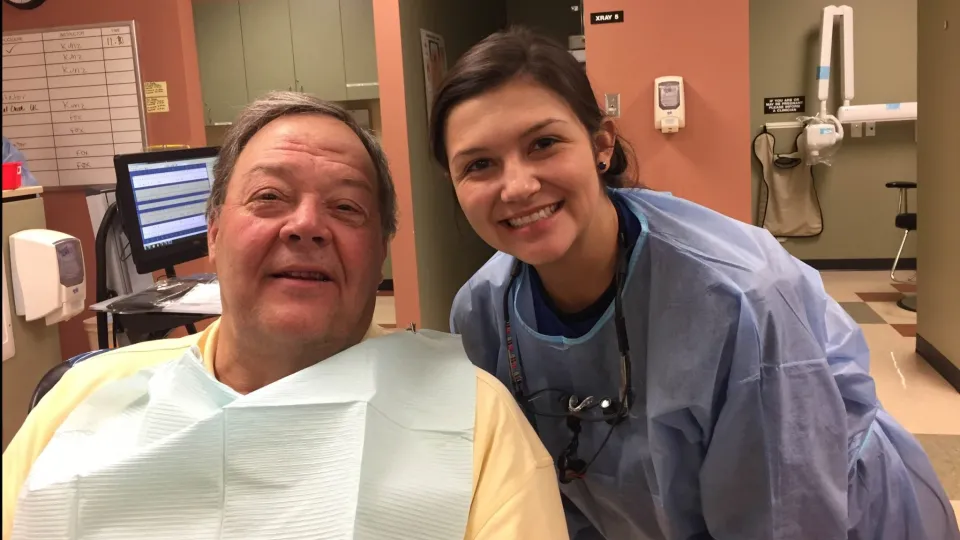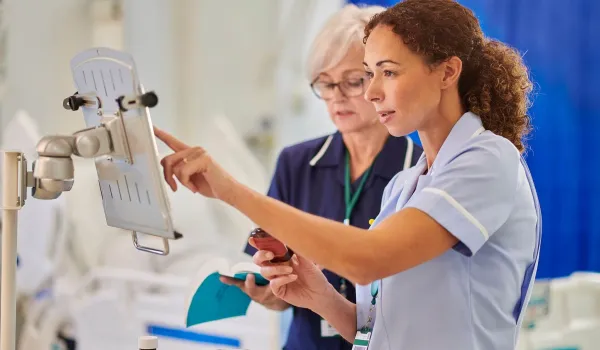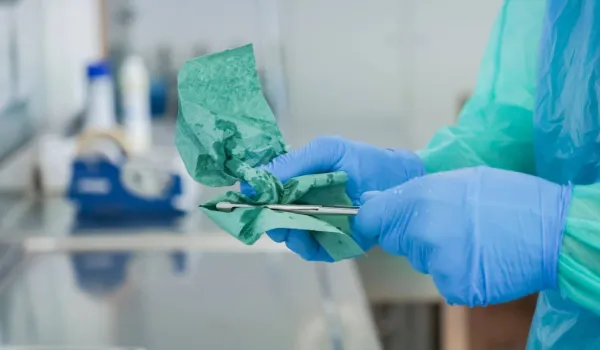
We call it flossing, but those in the Dental Hygiene profession refer to it as interproximal cleaning. Although some have recently questioned the benefits of cleaning between teeth, using an interdental cleaner, like floss, is an essential part of taking care of your teeth and gums.
We want all of our Concorde students and graduates, not just those in Dental Hygiene, to be healthy and happy. So, we thought we'd take a little closer look into the benefits of good flossing and Dental Hygiene.
Benefits of flossing in good Dental Hygiene
The American Dental Association (ADA) recommends cleaning between your teeth once a day.
"Interproximal cleaning, or cleaning in between the teeth, is an important part of daily oral home care," said Alissa Sanchez, Dental Hygiene Program Director at Concorde's campus in Kansas City, Mo. "It not only removes bacteria-filled plaque that can lead to decay, but it also stimulates the gingiva and helps reduce inflammation associated with gingivitis."
As Sanchez explained, bacterial colonies form on all surfaces of the teeth and must be disrupted daily to encourage a healthy oral environment.
"There are many different options for removing interproximal plaque - floss, interproximal brushes, water flossers, etc.," Sanchez said. "A dental hygienist will work with a patient to find the home care aid that works best for each patient and their specific needs and instruct them on how to properly use each aid."
Plaque not removed by brushing and cleaning between your teeth can eventually harden into a rough substance called tartar. Tartar collects along your gum line and can lead to gum disease. Once tartar forms, only your dentist can remove it.
When is the best time to clean between teeth - before or after brushing?
The most important thing about cleaning between teeth is to do it, according to the ADA. As long as you do a thorough job, it doesn't matter when. Pick a time of day when you can devote an extra couple of minutes to your dental care.
Also, don't forget, children need to clean between their teeth too! Start as soon as your child has two teeth that touch. Because cleaning between teeth demands more manual dexterity than very young children have, children usually are not able to do a thorough job on their own until age 10-11.
Finally, keep in mind that cleaning between teeth should not be painful. If you do it too hard, you could damage the tissue between the teeth. If you're too gentle, you might not be getting the food out.
A good on-campus and online dental hygienist program, such as those at Concorde, teaches its students the proper flossing techniques so that they may pass them along to their patients.
"If flossing is performed properly, it will remove debris and plaque from between the teeth," Sanchez said. "But, like every other good habit, it only works if you do it often and correctly."
Take The Next Step Towards a Brighter Future
We have a Concorde representative ready to talk about what matters most to you. Get answers about start dates, curriculum, financial aid, scholarships and more!




